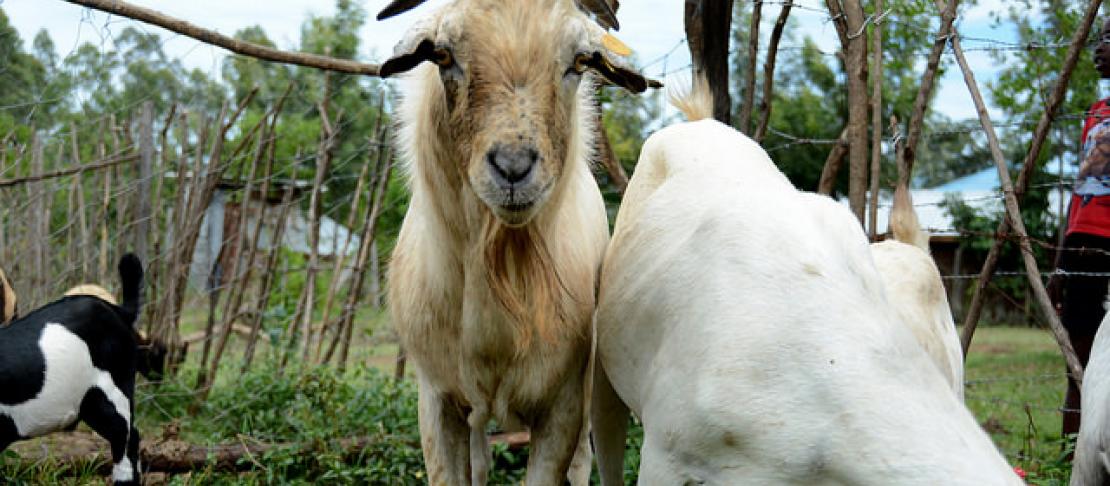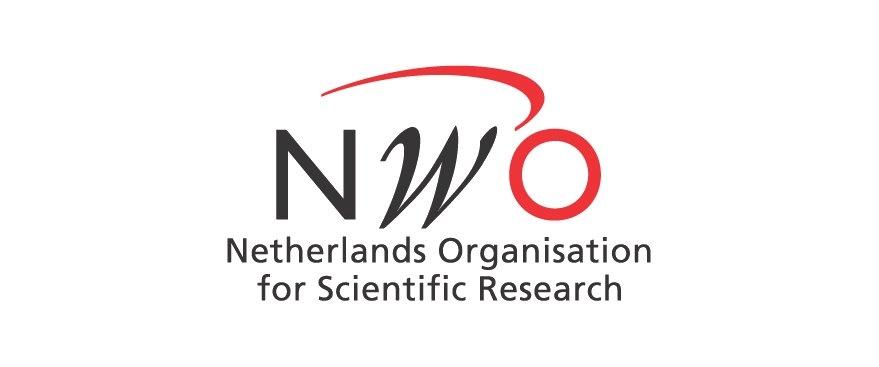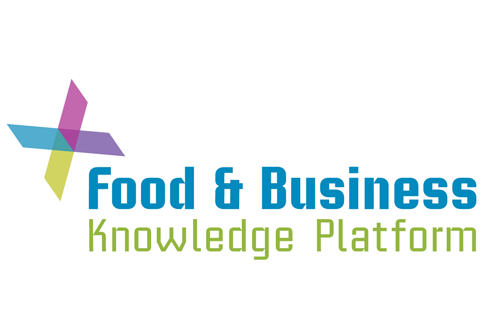Climate-smart financial diaries for scaling in Kenya | Global Challenges Programme project

Project description
Nyando Basin in western Kenya has severe problems of agricultural stagnation, environmental degradation and deepening poverty, aggravated by climate change causing more erratic rainfall patterns and shortening of growing season. CCAFS projects: "Incentives and innovative finance for scaling CSA up and out" and "Engagement, synthesis and strategic research in East Africa" identified successful interventions supporting farmers to cope with these adverse effects. One of the most promising avenues combines drought-resistant breeds of goats with horticulture and agroforestry—a food production system that is climate-resilient and climate-smart in closing nutrient cycles.
This project aims to contribute to developing and upscaling this business model addressing three challenges: (1) designing a conducive financial environment that enables upscaling, (2) identifying additional value chain partners to increase financial viability, (3) identifying constraints, opportunities and required policy interventions at the landscape level. An accompanying study of a more arid area closer to Nairobi (Wote village) highlights the generalizability of findings for areas where local interventions have yet to produce positive results.
Activities
- Financial landscape mapping
- Financial diaries implementation and analysis
- Training farmers and producers on use of financial instruments
- Training of female producers in marketing and legal rights
- Cash flow management modelling
- Identification of new value chain actors and scaling constraints
- Co-creation of innovative finance products with smallholders and other stakeholders
- Landscape level modelling and scenario analysis
Expected outcomes
- Better understanding of local system and biases against specific groups, and hence, empowerment of vulnerable groups including females and youth to allow full participation in CSA initiatives
- Increased involvement of value chain partners in upscaling climate smart integrated food system and implementation of policy environment conducive to upscaling, including provision of dedicated financial products.
- Improved living conditions, nutritional status and climate resilience in Nyando; improved perspectives for CSA in Wote.
Gender and youth
The project will pay close attention to the gender aspect in various ways. First, the problem of scaling mixed livestock-horticulture-agroforestry system has strong gender dimensions – e.g. in terms of care for livestock products, (de facto and de jure) land/livestock ownership and finance. Small livestock (sheep, goats, and poultry) is less labour intensive than cattle and gives women more control over livestock management, and use of financial instruments. The research methodologies will take this into account in terms of sampling, questionnaire design, and modelling. Second, 50% of the MSc students who will be trained and involved in collecting financial diaries will be female, which is also important for building trust with female respondents.
Partners
- Amsterdam Centre for World Food Studies, Vrije Universiteit
- School of Economics, University of Nairobi (UoN)
- Vi Agroforestry
- International Livestock Research Institute (ILRI)
- Wageningen Economic Research
More information
For more information, please contact the project leaders:
- Remco Oostendorp, Amsterdam Centre for World Food Studies, Vrije Universiteit, at r.oostendorp@vu.nl
- Maren Radeny, CCAFS East Africa/ILRI, at m.radeny@cgiar.org
- Cor Wattel, CCAFS/Wageningen Economic Research, at cor.wattel@wur.nl
Funding for this project is provided by:


